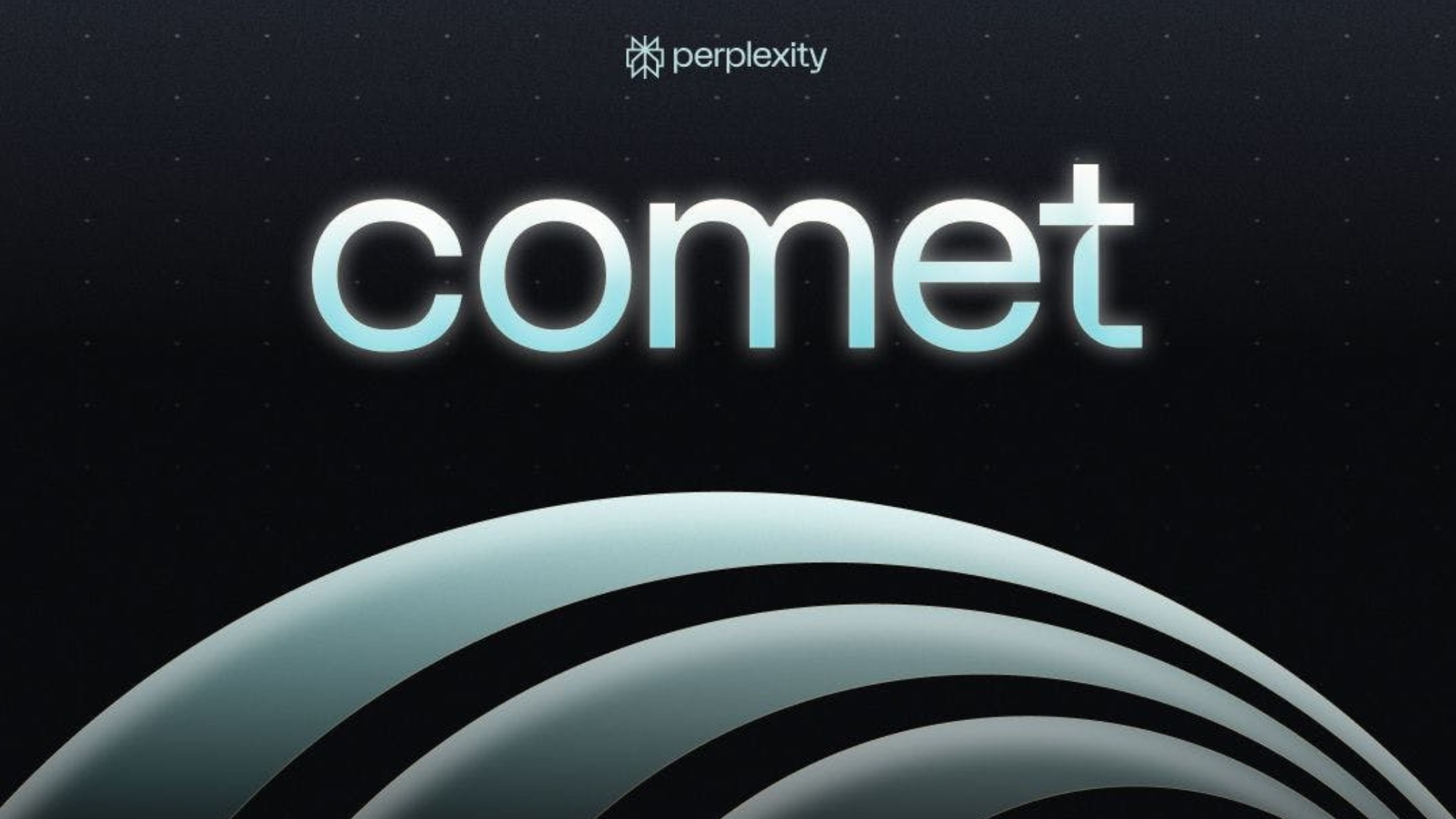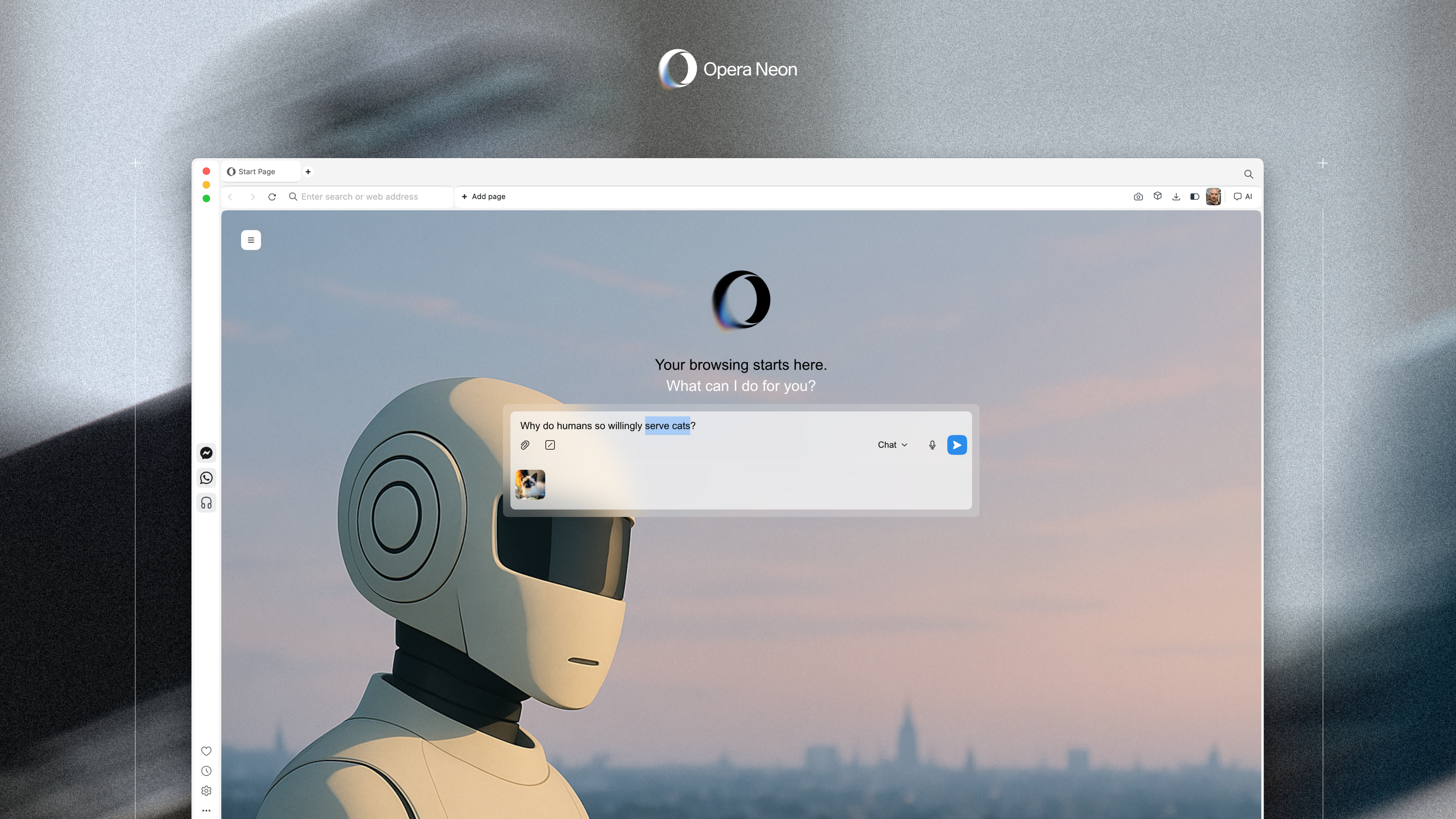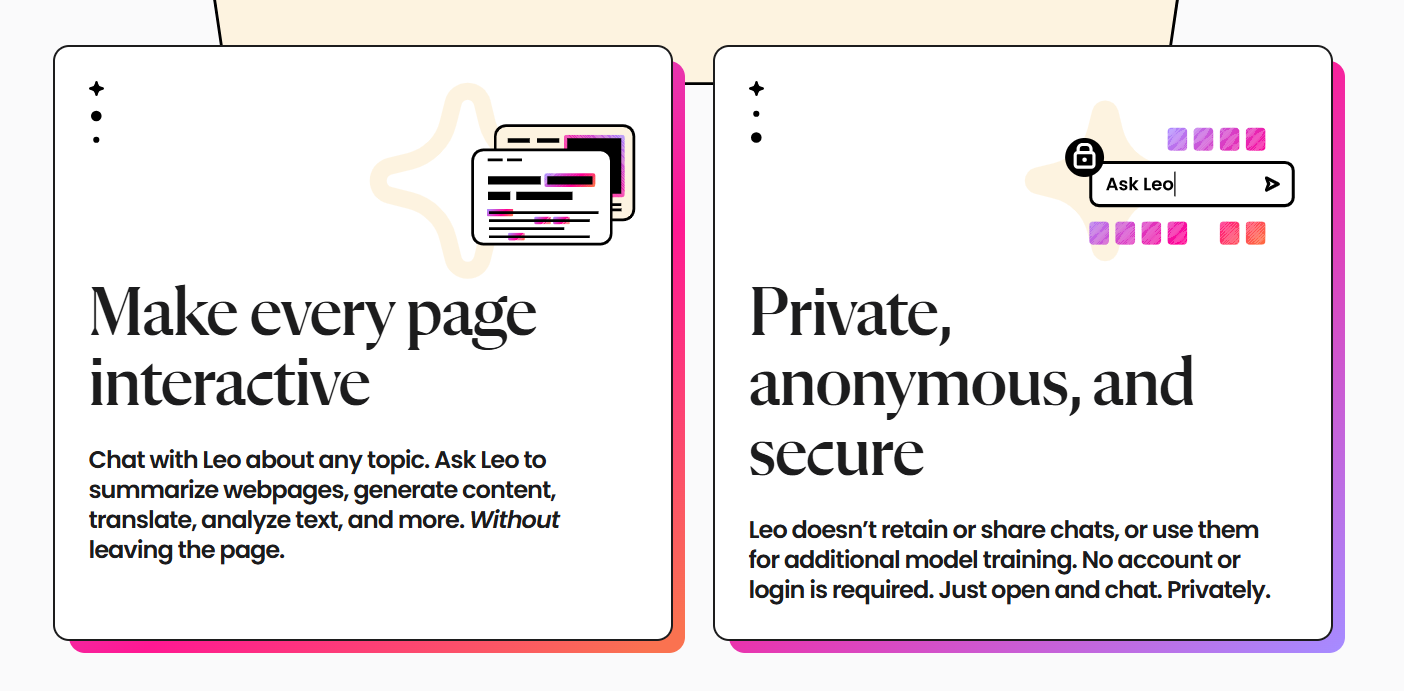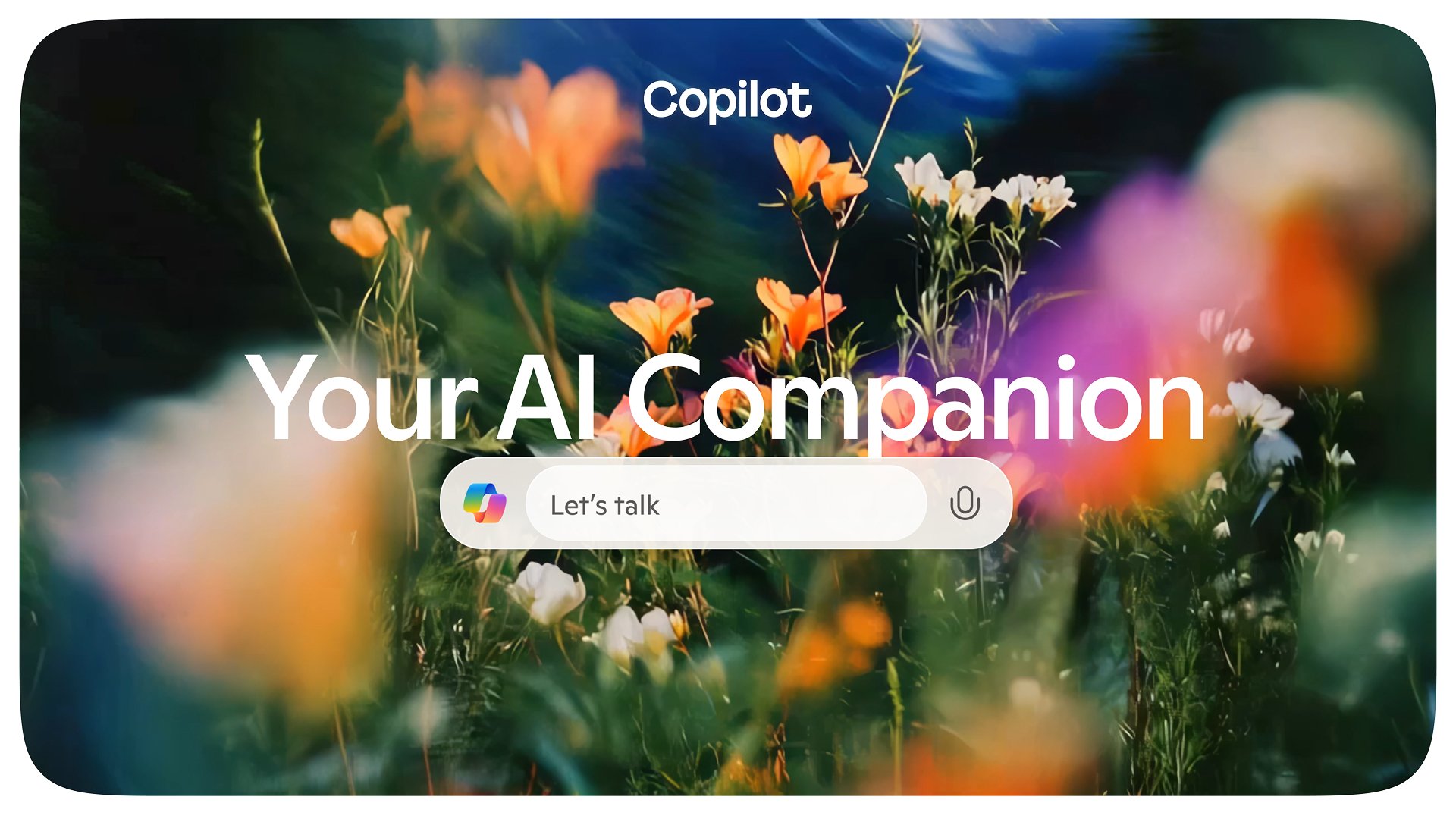
ChatGPT Atlas, OpenAI’s very own browser, has finally launched. Set to rival the likes of Google Chrome and Safari, Atlas (unsurprisingly) puts AI front and center, offering a powerful assistant that follows you around the web and helps complete tasks on your behalf.
It could well be the future of browsing, and was made available to all ChatGPT accounts, both free and paid, straight away. However, there is a problem. For now, Atlas can only be accessed via macOS.
While it's set to come to Microsoft Windows, iOS, and Android in the future, for now, it is limited to just Mac users. If you’re a Windows user (or perhaps an iPad fan), looking to try out the world of AI browsing, the good news is that there are other options right now.
The market has exploded with a collection of AI internet browsers looking to fight ChatGPT Atlas for the crown. Here are the best alternatives.
Perplexity Comet

The biggest competitor to ChatGPT Atlas is Perplexity’s Comet. It is, in a lot of ways, an identical experience.
Like Atlas, it is built on the Chromium software, meaning you can log in with your Chrome account and keep any and all bookmarks. It also operates in a similar way to Chrome, but includes the use of a Perplexity assistant overlay, as well as replacing the Google home search function with Perplexity.
I have spent quite a lot of time using Perplexity Comet. While it lacks some of the smarter integrations that you’ll see from Atlas, a lot of the core functions are similar.
You can book restaurants and flights, plan holidays, and find the cheapest prices on a new item you want in your life, all done through the built-in assistant.
Opera Neon

Opera Neon is currently in an early access stage. This means you’ll need to get your hands on an access code or join the waitlist. However, if you make it through the waitlist (or Opera opens it up to everyone), this stands out as one of the best AI browsers available right now.
However, Neon also suffers from being somewhat overcomplicated. Where Atlas and Perplexity represent a slimmed-down version of an AI browser, Neon is offering the entire world to you.
This then does come with a $20 a month price tag. Why so steep? Well, Neon revolves around three main principles — chat, do and make. The idea here is that this browser can act as a chatbot, it can do tasks for you as an agent and it can make stuff through vibe coding.
This means it is essentially three AI tools in one. In a way, it's like mixing ChatGPT and ChatGPT Atlas. Yes, it might feel overkill at times, and can take some getting used to, but it is impressive nonetheless.
Brave Leo AI browser

Brave is a lesser-known force in the world of browsing, building its reputation around being private, anonymous and secure. It doesn’t retain or share chats or use them for additional model training. You don’t even need to log in.
Like ChatGPT Atlas, you can discuss any page that you are looking at with an AI chatbot. This can summarize pages, generate content and handle translations.
The big difference between Leo and a model like Comet or Atlas is that it lacks the agent functionality. This means that it can’t take on actions on your behalf, like finding flights or looking up recipes.
This will either be its best or worst feature, depending on what you are looking for in an AI browser.
Copilot

Microsoft’s Copilot has been building up momentum in the world of AI browsing for the past year or so. This has made it one of the smarter and more adept AI browsers around right now.
It recently just got a wealth of new updates too, offering the ability to co-work on documents with your friends and colleagues, as well as adding a new AI companion to assist you with your work.
Copilot, like Brave and Opera, have the benefit that its been in the browsing game for a while now, and runs off its own software.
The browser can automate repetitive tasks, draft emails or documents, and summarize large chunks of information. It also helps suggest ideas or snippets of texts to help spark some creativity in what you are working on.
Follow Tom's Guide on Google News and add us as a preferred source to get our up-to-date news, analysis, and reviews in your feeds. Make sure to click the Follow button!







